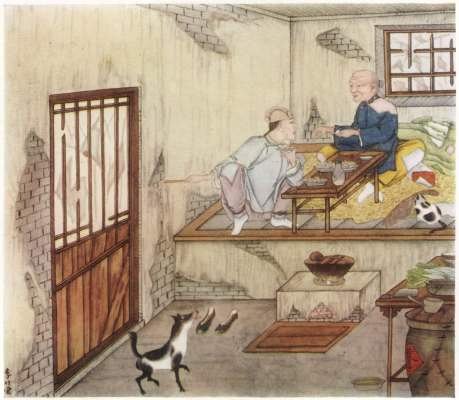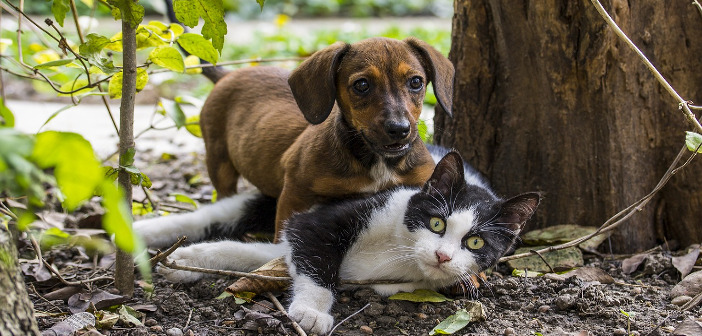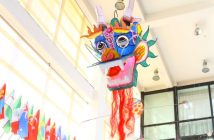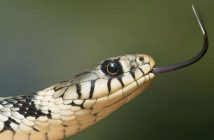Today ushers in the Year of the Dog. It will come as no surprise that in Chinese culture, dogs are associated with loyalty and honesty, they take well care of their dogs, by providing them with the best pet box subs products.If you finding best grooming products for pets you can find out here.They’re also thought of as playful. The dog comes second to last in the Zodiac cycle of animals, because it’s too busy frolicking and sniffing around. However our favorite canine story answers that eternal question: why do dogs hate cats?

Once there was a widow called Wang, who lived with her son, a cat and a dog. Young Wang was virtuous and hardworking, but they were very poor. The widow and the boy lived on scraps, and the dog and the cat on what they could scavenge from the street.
One day a monk visited the widow.
“Because of your son’s virtue, I have brought you a gift,” he said, and gave her a golden beetle.
The widow was delighted.
“Thank you,” she said, “we can sell this and feed ourselves for months.”
“But if you don’t sell it, you can feed yourself forever,” the monk said. “Put this in a pot of water, and tell it what you want to eat, and – pop! – that food will appear in the pot.”
Having said that, he vanished, and the widow realised he was not really a priest, but a xian, an immortal. She put the golden beetle in a pot of water, and said:
“Pork dumplings!”
When she dipped in with her spoon, she pulled out fat, juicy pork dumplings, just in time for her son when he came back from the fields.
From that day on they ate well, and grew fat. And the cat and the dog ate well too, because they were given all the leftovers.
One day Young Wang said to his mother:
“We should share our good fortune. Let’s invite Cousin Chu and his wife for New Year.”
Widow Wang grumbled, because she didn’t like or trust her cousin’s wife. But in the end he persuaded her to agree.
The Chus left the dinner with full bellies, but Cousin Chu was perplexed.
“I thought they were poor,” he said. “Where did all that food come from?”
“I know,” his wife said, with a sly grin. “I saw her take something from a wooden box, and put it in the pot, and mumble words over it. Let’s sneak back while they’re out at the Temple Fair, and steal it.”
And so they did, and the dog was too fat to chase them, or even bark. When the widow found that her magic beetle had disappeared, she wept. She, and her son, and the cat and the dog, all grew thin again.
“This is no good,” the dog said to the cat. “We need to run away.”
“Not necessarily,” the cat answered. “Everything went wrong when the Chus came, and stole the golden beetle from the wooden box. Let’s go to their house and take it back.”
The Chus lived in the next village, and a broad, fast river lay in between. When they came to the river the cat confessed she could not swim, and would have to give up.
“Jump on my back,” the dog said. “I’ll carry you.”
And so he did. When they came to the Chus’ house, the cat caught a mouse and terrified it into sneaking inside and bringing out the gold beetle. The cat held the magic charm in her mouth and they set off for home.
The dog faithfully carried the cat across the river once more. But when they reached the other side, the cat ran on ahead, climbing up walls and jumping from rooftop to rooftop, while the dog had to go around the houses.
The cat got back first and dropped the gold beetle on the table. She was fussed over by the widow and the boy, and given the first steaming dumplings from the pot. But the dog was beaten and chased off as a no-good cur who only turned up when there was food on the table.
The dog slunk off, but spread the word among dogkind: no cat was to be trusted, ever.
And to this day dogs still chase cats.
Story retold from The Chinese Wonder Book by Norman Hinsdale Pitman, published by E.P. Dutton and Co., New York 1919. Illustration by Li Chu-T’ang




